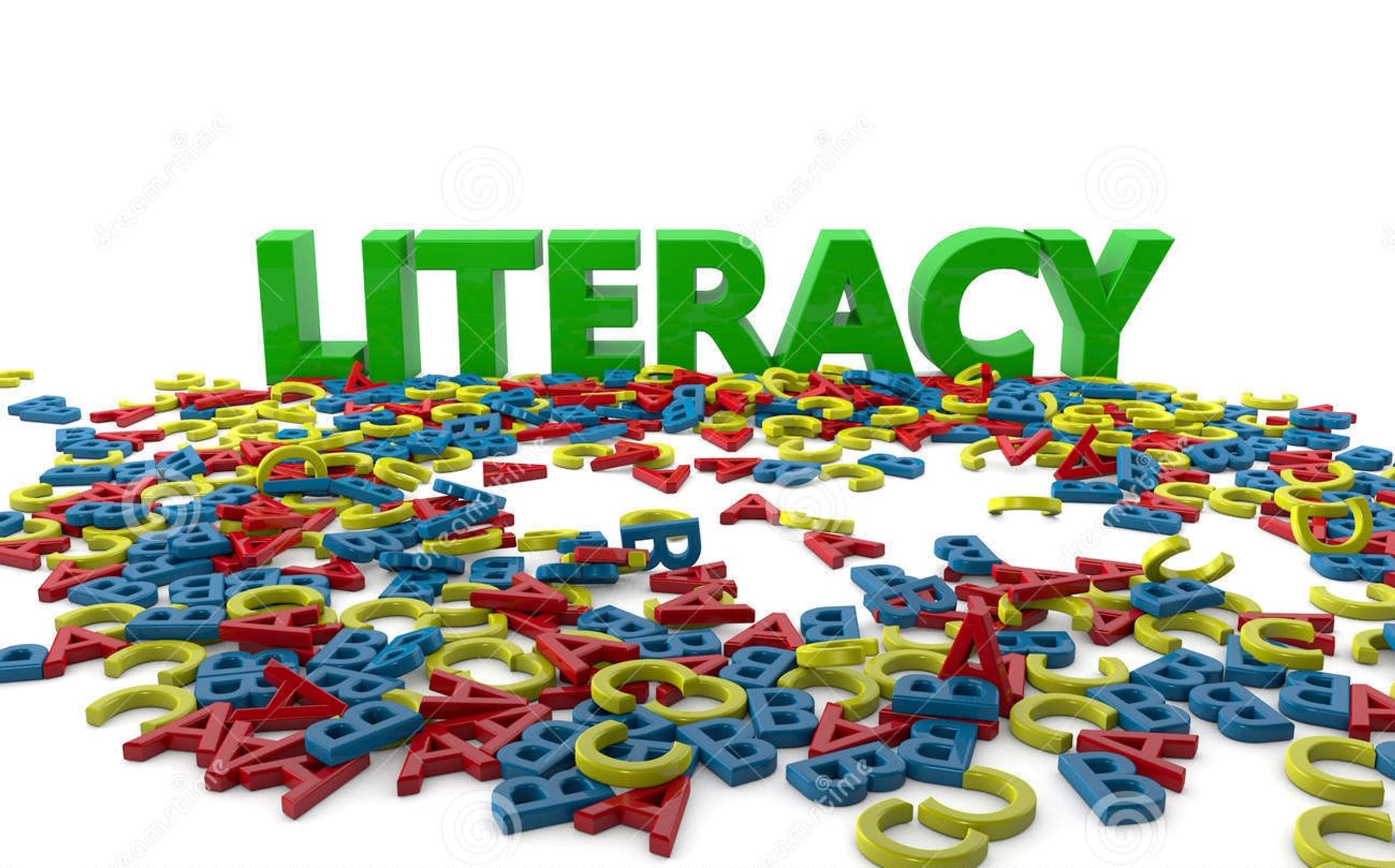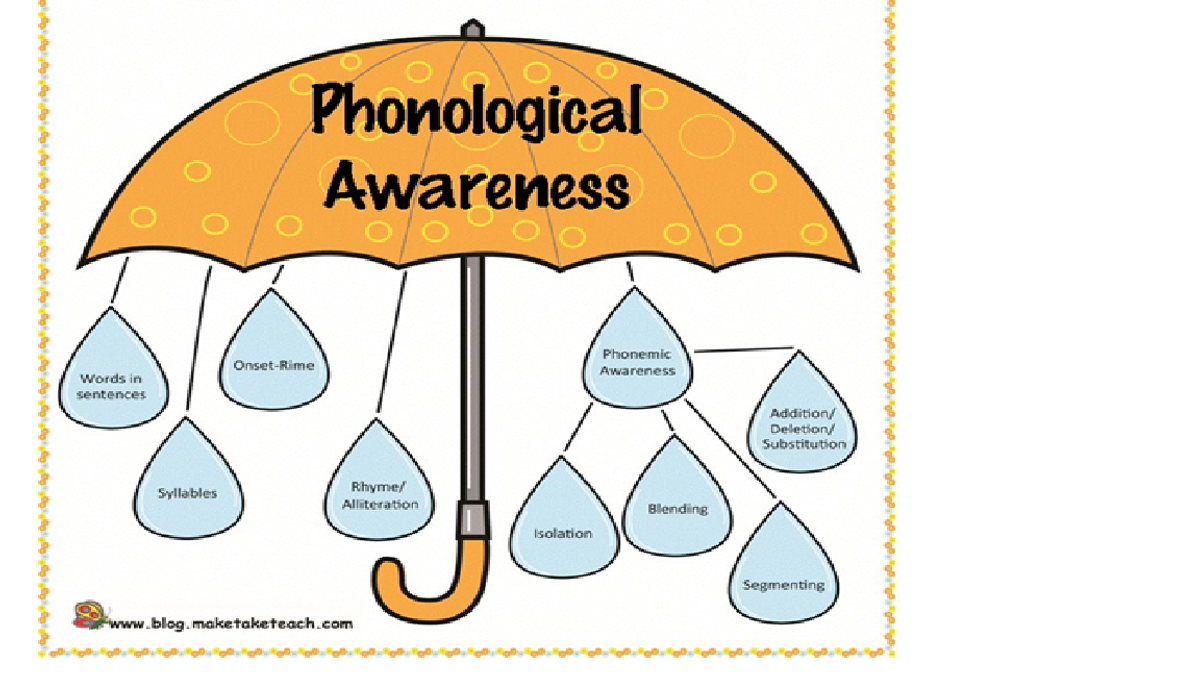Lorikeet Learning

Introducing our Learning Support Teacher Karen Morse
Karen Morse joined our teaching team this year at Loch Primary School and we are very lucky to be able to share in her expertise and extensive experience. She is our Learning Support teacher and is working with small groups of students to provide extra instruction and support for learning. Read below to find about a bit more about her.
I am blessed to call Phillip Island home. My personal passions are spending time in nature, travelling and bike riding (pushbike not the GP type bikes), so anything that combines all these things is awesome. One of my lifetime highlights so far is riding a bicycle 6226km through Europe, over a 6 month period, starting in Amsterdam, the Netherlands and finishing in Milan, Italy. My cycling journeys these days are somewhat less taxing as I have invested in a pedal assist bike and there’s no going back from there!
I have worked as both a classroom teacher and a specialist learning support teacher in both Victoria and New South Wales. Over time, my passion for teaching has become learning support, particularly literacy. It is not okay that some children can spend 13 years at school and still not be functionally literate at the end of this time. Since 2016 I have been on a self-funded quest of learning and researching as to why this happens and I am so excited to have joined the Loch Primary School team, where the teaching practices are based on the research about what works for all children. I feel like I have found my tribe.
I am currently working at Loch Primary School on Mondays and Tuesdays, providing literacy support for nominated students across the middle and senior grades. Students work in small groups for at least one session per week with a focus on their identified areas of need. I use the same pedagogy that class teachers are using, which ensures a level of continuity for the children.
The language of Explicit Instruction, MSL (multisensory structured language) and OG (Orton Gillingham) pedagogy may be unfamiliar to some people, and you may hear your children talking about things such as decoding, encoding, blending, segmenting or even morphology. In this and future newsletters I hope to include information about not only some of the terminology but also give parents further insight into aspects of the evidence based literacy teaching practices used at Loch Primary School.
A great place to start is Phonological Awareness, Phonemic Awareness and Phonics - terms commonly used, especially in the early years of schooling.
Phonological Awareness - Phonological awareness is a general appreciation of how spoken language can be divided into its components. For example, we speak in sentences. Sentences can be broken down into words and words into syllables. Breaking words into onset-rime and an appreciation of rhyme and alliteration fall under the category of phonological awareness.
Phonemic Awareness- The word “phoneme” means sound. When a word is broken down into its smallest unit, a sound (or phoneme), the term “phonemic awareness” is used. Phonemic awareness is a sub skill of the broad category of phonological awareness. Phoneme isolation, blending, and segmenting are several skills that fall under this category. Phonemic awareness is an oral task and is a foundational skill for learning to read.
Phonics and phonemic awareness are not the same. Phonics involves how speech sounds correspond to the written letter or letter combinations. Phonemic awareness is only about hearing and manipulating the individual speech sounds in words. The best way to remember the difference between these two terms is to know that any phonemic awareness skills can be “done in the dark”.
Karen Morse
Learning Support


